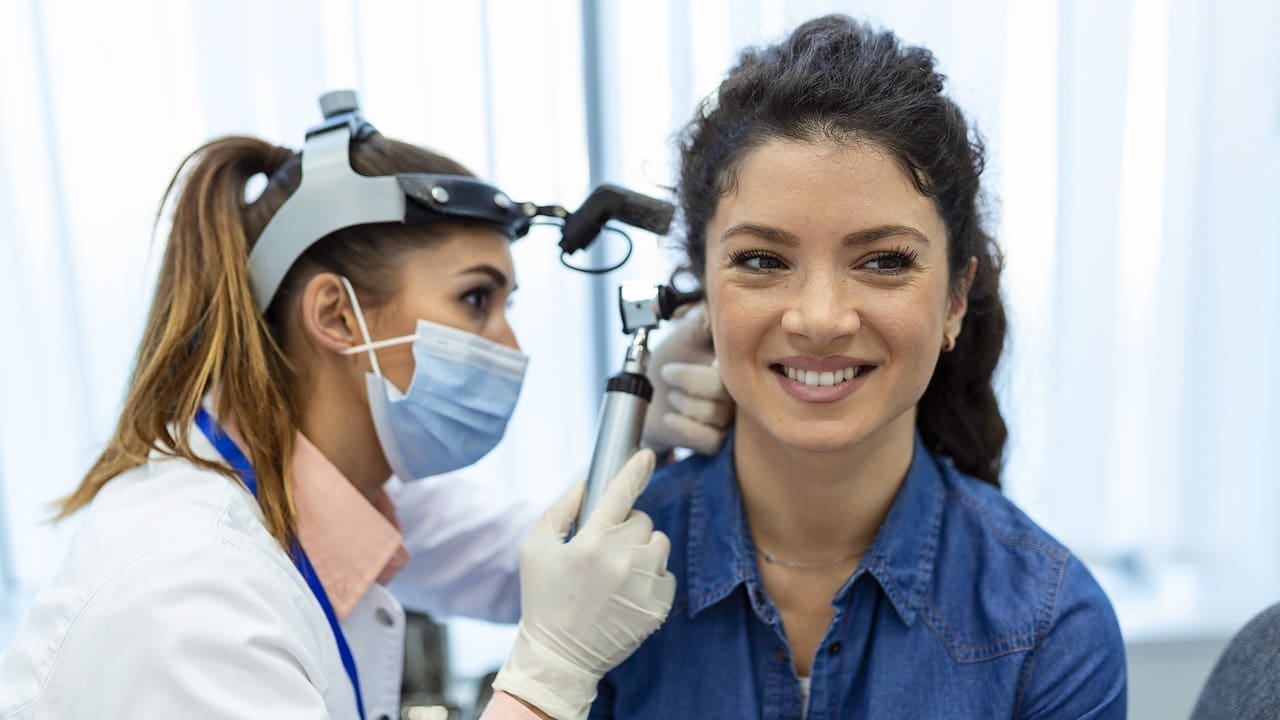Otorhinolaryngology Procedures: What to Expect
If you need to undergo an otorhinolaryngology procedure, understanding what to expect can help alleviate any anxiety. Here are some common procedures and what they entail:
- Endoscopy
An endoscopy involves inserting a thin, flexible tube with a camera into the nose or throat to visualize the area. This procedure is often used to diagnose conditions such as sinusitis or vocal cord issues. It is typically performed in the office and requires minimal preparation.
- Tonsillectomy
A tonsillectomy is the surgical removal of the tonsils, often performed in children with recurrent tonsillitis. The procedure is usually done under general anesthesia, and recovery may take about a week.
- Septoplasty
Septoplasty is a surgical procedure to correct a deviated septum, which can cause breathing difficulties. The surgery is performed under local or general anesthesia, and patients can typically return home the same day.
- Myringotomy
This procedure involves making a small incision in the eardrum to relieve pressure and drain fluid. It is commonly performed in children with recurrent ear infections and may involve the placement of ear tubes.
- Sinus Surgery
For chronic sinusitis that does not respond to medical treatment, sinus surgery may be necessary to improve drainage and relieve symptoms. This procedure is usually done using minimally invasive techniques.
Learning about these procedures can help you feel more prepared and make the experience go more smoothly.
For more information about our academic and training initiatives, visit Liv Hospital Academy
Frequently Asked Questions About Otorhinolaryngology
What is otorhinolaryngology?
Otorhinolaryngology, commonly known as ENT (Ear, Nose, and Throat), is a medical specialty that focuses on diagnosing and treating conditions related to the ear, nose, throat, and related structures of the head and neck.
What does an otorhinolaryngologist do?
An otorhinolaryngologist, or ENT specialist, treats a wide range of conditions, including hearing loss, sinus infections, throat disorders, allergies, and sleep apnea. They perform both medical and surgical interventions to manage these issues.
What are common conditions treated in otorhinolaryngology?
Common conditions include ear infections, hearing loss, sinusitis, allergic rhinitis, tonsillitis, sleep apnea, and voice disorders. Otorhinolaryngologists also manage thyroid issues and head and neck tumors.
How do I know if I need to see an otorhinolaryngologist?
If you experience persistent symptoms such as ear pain, difficulty breathing through your nose, chronic sinus congestion, or throat discomfort, it may be time to consult an ENT specialist for an evaluation.
What tests does an otorhinolaryngologist perform?
Otorhinolaryngologists may conduct a variety of tests, including hearing tests (audiometry), nasal endoscopy, throat examination, allergy testing, and imaging studies like CT scans to assess the structures of the ear, nose, and throat.
How to pronounce otorhinolaryngology?
Otorhinolaryngology is pronounced as “oto-rhino-laryngo-logy.” For additional guidance, you can find pronunciation videos online.
What is the difference between otolaryngology and otorhinolaryngology?
There is no significant difference; both terms refer to the same specialty. “Otolaryngology” is often used interchangeably with “otorhinolaryngology,” with both encompassing the study of ear, nose, and throat conditions.






